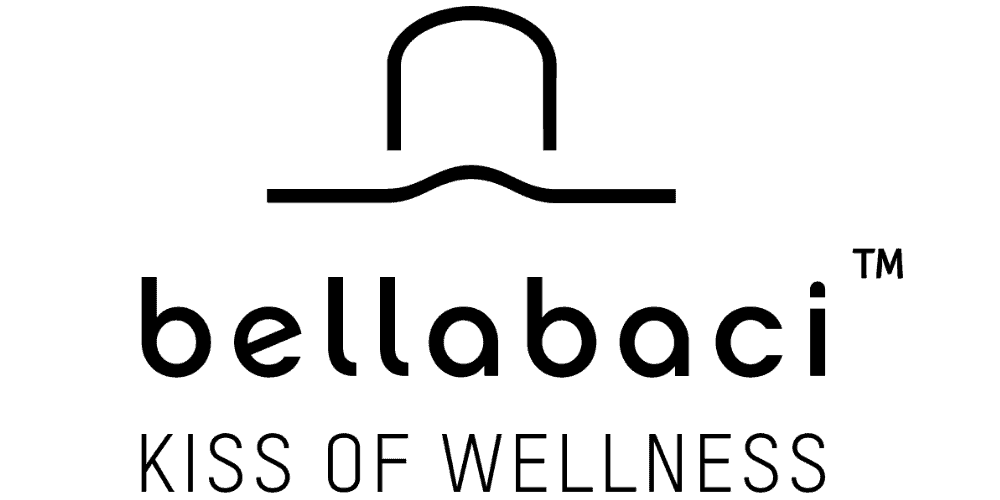
Breathing exercises – Treat Stress and The January blues
Feeling tense?
Studies show that regular breathing exercises can reduce stress and its effects
We all come into the world with the ability to take full, deep breaths. “As we get older we forget how to breathe properly,” says Don Campbell. This journalist turned wellness expert has started a new movement among doctors and athletes known as “conscious breathing.”
A host of challenges conspire against our ability to breathe, Campbell says.
These challenges include:
- Poor posture
- Restrictive clothing
- Smoking
- Diets that lead to high blood pressure and racing hearts
- Increasingly rapid and emotionally stressful lives
- Lack of exercise
- Multitasking
- Polluted Environments
- Slouching in front of computers/desks
He further says that these challenges literally take our breath away, creating a lifestyle that’s incongruent with proper breathing exercises. Modern life causes the average person to use about a third of his natural lung capacity while drawing about 15 breaths a minute.
The trouble began with industrialization. “Up until the past 100 or 150 years, our daily activities – farm chores, hunting animals, hard manual labor. These activities required that we use our diaphragms as our main breathing muscle,” says Dr. Louis Libby, a pulmonary physician at the Oregon Clinic, in Portland. “In the past century, we’ve become sedentary. We can go days without using our diaphragms. We’ve become lazy, sitting in front of computers and using the weaker intercostal breathing muscles in the rib cage for breaths that are incomplete but adequate for living.”
By studying yoga and qigong practitioners, along with current scientific reports, Campbell, who with Al Lee co-authored ‘Perfect Breathing: Transform Your Life One Breath at a Time,’ discovered that 10 or fewer deeper, slower breaths per minute is best for overall health. “The main physiological benefit to slower breathing is that it increases oxygen saturation in cells,” says Dr. Fred Muench. Dr. Muench whose Mobile Health Interventions company recently developed BreathPacer, an iPhone application that monitors breathing and displays optimal breathing rates. “This unleashes a cascade of positive effects, including giving you more energy and increased cognitive abilities.”
How can Breathing exercises help?
“For example, once you go below 10 breaths a minute you start to engage the parasympathetic nervous system,” says Muench. This action helps the body relax when it has been injured. Slow breathing activates the vagus nerve, the primary cranial nerve. It is this nerve which is associated with a recuperative state.” University of Phoenix studies have also demonstrated that slow breathing increases alpha waves in the brain, calming mid-range waves that foster a relaxed yet alert state of mind.
Perhaps more important, slow breathing tends to increase heart rate variability, a measurement of the fluctuation in heartbeat during an activity. “If your heart rate fluctuates 60 to 80 beats per minute, cardiac-wise that’s healthier than someone whose heart rate varies between only 70 and 75 beats per minute,” says Muench. “It means your system is not so rigid. Someone like a young athlete has a massive swing in heart-rate variability, whereas an unhealthy or older person has a much smaller one. The way to increase variability is to breathe slowly.”
Simple Breathing Exercises to reset your health
Do these breathing exercises up to five times a day and you’ll start thinking and performing better in no time:
1. Inhale deeply
2. Exhale with a short burst (as if blowing out a candle). This helps activate your diaphragm, which most people don’t use.
3. Finish your exhale with a long, slow finish to empty the lungs. Breathlessness comes from not expelling enough CO2.
4. Breathe in, filling your lungs from the bottom to the top, instead of taking short sips. Most use a third of their lung capacity.
5. Hold for a moment to allow oxygen to saturate the cells.
6. Exhale slowly and completely.
7. Repeat steps 4 through 6 for five minutes.
Top Tip: Our Stress No More Combo is formulated to help you relax and breathe deep. This nifty kit combines the wisdom of Cupping massage teamed up with exceptional natural energetic synergies to help balance, relax and replenish. Do it at home or take it with you to treat yourself well when the need arises!
PS: Visit the official online store HERE or contact us for advice

































































































































































































































































One comment on “Breathing exercises – Treat Stress and The January blues”
Jo-anne Preston
perfect blog for the beginning of the year stress relief